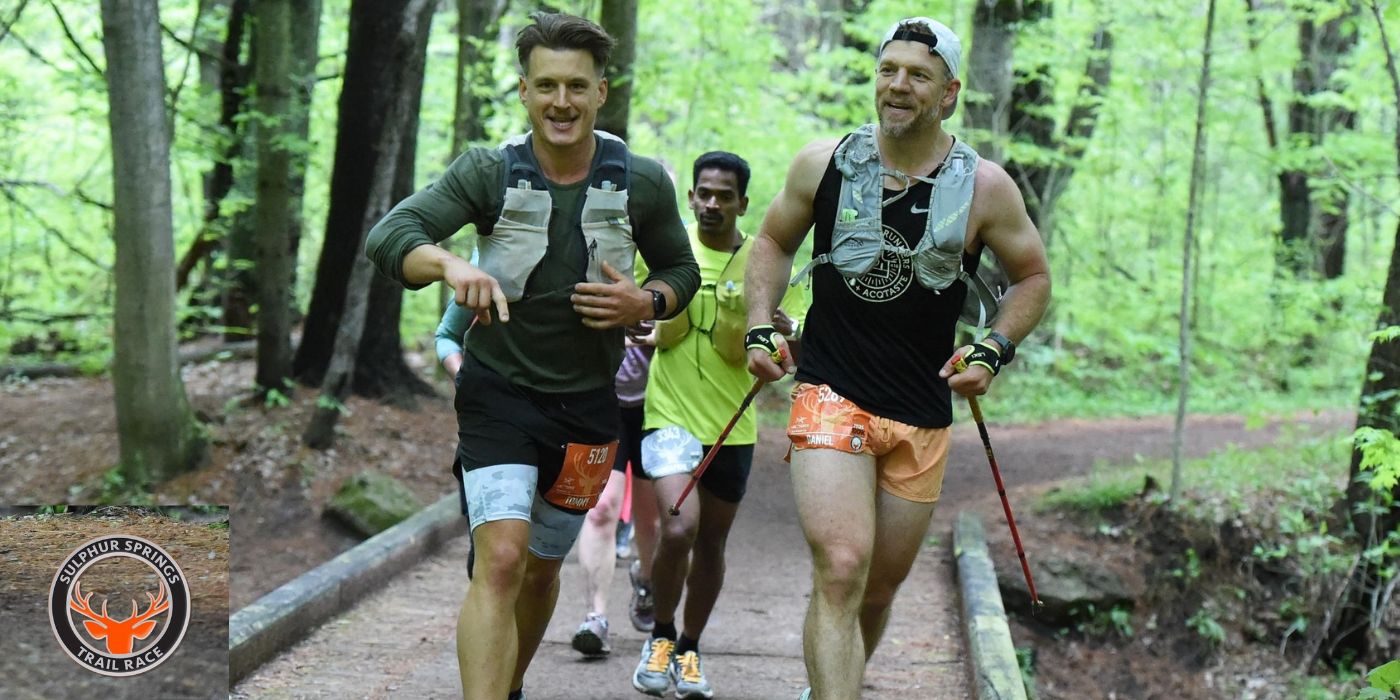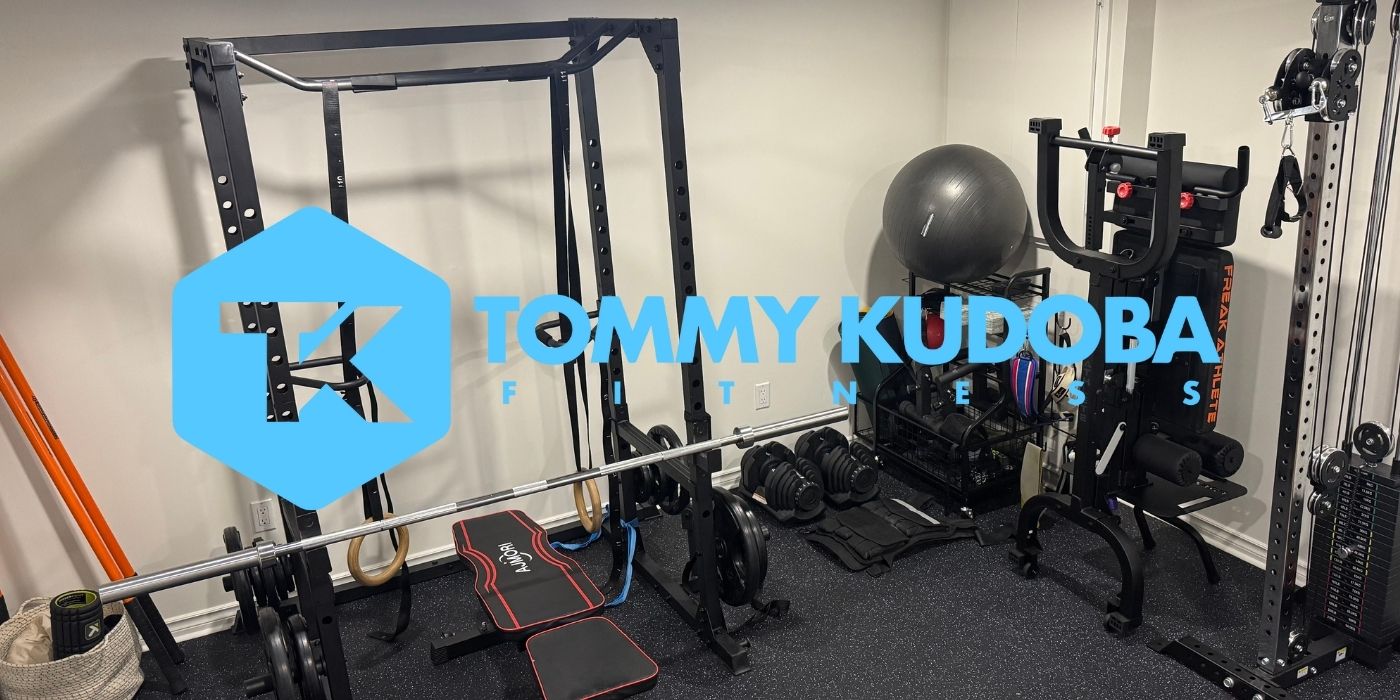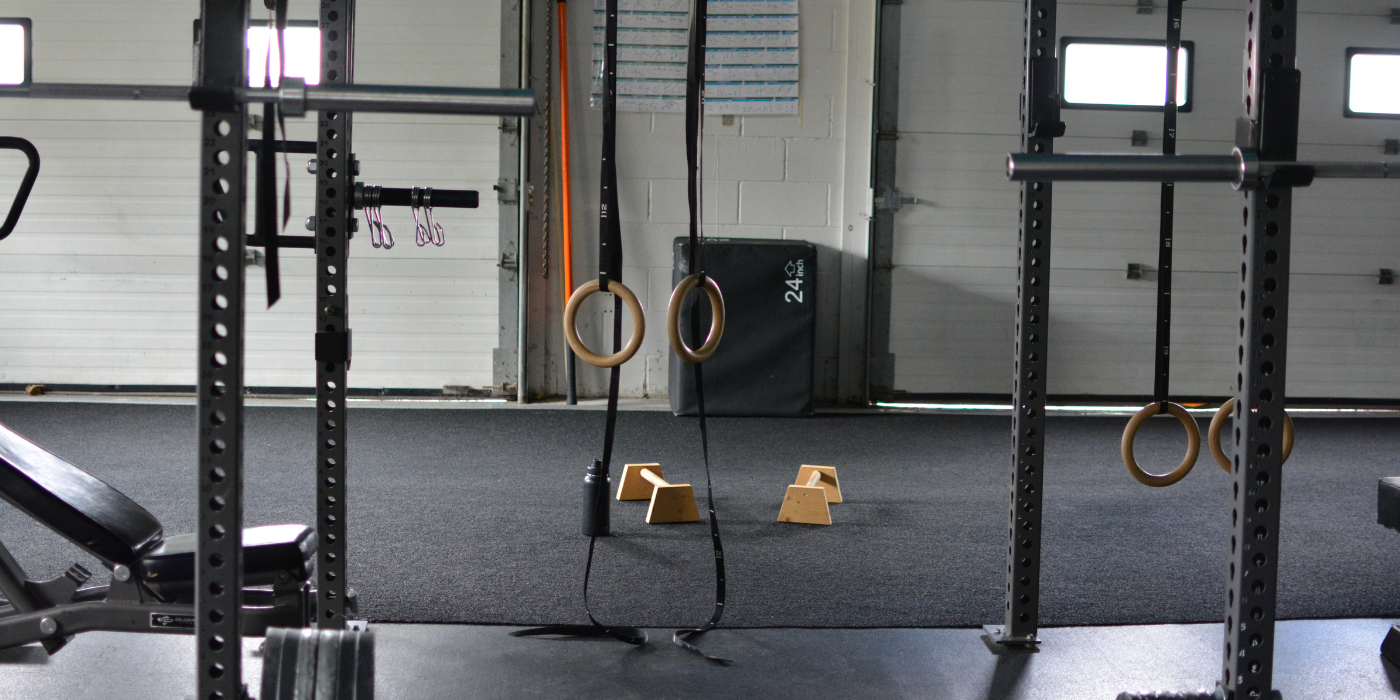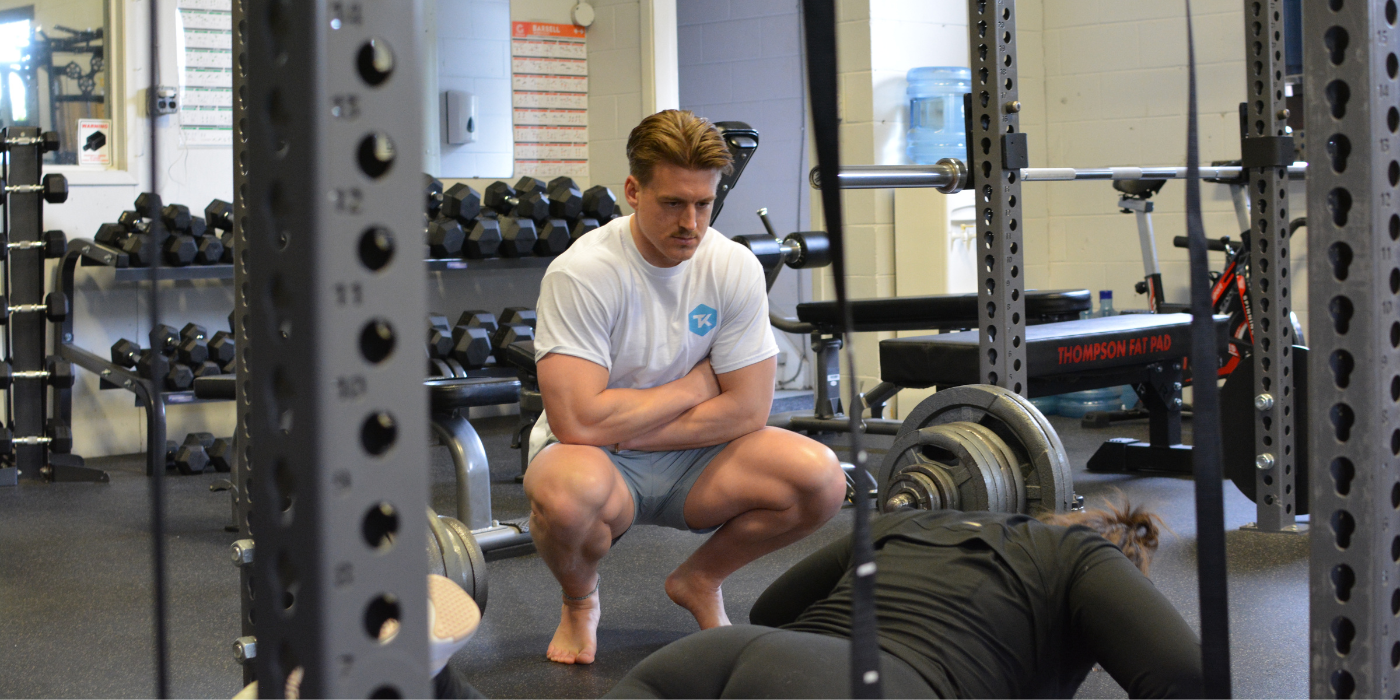Good question. Running 100km may seem a little crazy to most, and throughout my training I even questioned it myself, but ultimately, running 100 kilometres has greatly impacted my life.
The race itself was difficult, but there’s a lot more that goes into it and that is where most of the magic happened.
Cardiovascular Health
Let’s start with the most obvious. My cardiovascular health improved drastically. As a personal trainer that strives to lead by example, cardio is certainly one of my weak links. I was never a good runner, and I always had horrific cardio (from neglecting it through my bodybuilding era). Fast forward through 2 ultramarathon training bouts and it is starting to look more respectable. To prepare for the 100km, I ran twice per week, one 2 hour run and another longer run that ranged from 2 hours or 20km to 4.5 hours or 40km. It was about 4 months of this and I didn’t miss a single run. Because of this monumental goal, I was unable to make excuses if I wanted to have a successful race day. This resulted in a vo2max increase from 47-50 and a predicted marathon time improvement from 4:18 to 3:45. With a better heart comes better recovery and more energy to do the things you love in life. As a personal trainer, anytime someone asks me how to make cardio a habit, I always recommend signing up for a race. It doesn’t have to be 100km, but a race will give you a reason to do the work, and increase your odds of making significant change.
Mental Fortitude
Now, to run 100km you obviously need a minimum standard of fitness. However, you also need to have a minimum standard of mental toughness. During the training you build that mental fortitude and come race day, without it, you’re much more likely to dnf. Anytime you run an ultramarathon, at some point your legs are going to be sore, your energy will be running on empty, and you may question why you ever signed up in the first place. That’s where your mental strength comes to shine. In the face of discomfort, fatigue, and doubt, you have to keep moving. This builds resilience, and it doesn’t only show up when you do something physical. It will also translate to your relationships, your work, and any other challenge you may face in life.
Confidence
You set a monumental goal, you created a training plan, stuck to said plan, you ate right, you slept well, and you persevered through 100km on nothing but your own 2 legs. If you weren’t already, you are now someone with discipline, someone who does what they say they are going to, and someone with a much higher ceiling than they thought they had. By doing hard things you become someone who is capable, someone who runs towards difficulty rather than away from it. In comparison, everything else in life becomes much easier, and the image of who you are in your own head improves significantly. If you want something, you know you can get it.
Community
Shared suffering creates bonds like no other. Whether you’re training with a partner, or running alongside strangers during the race, you form incredible friendships. You meet like-minded people who also share a passion for self improvement. You form a community around yourself that helps motivate and support you on your own journey of becoming the best you.
Conclusion
Ultimately, running 100km is a journey of self discovery and self improvement. In a world where nothing hard needs to be done to merely survive, a little imposed suffering goes a long way. And on the other side of that suffering is being able to truly appreciate the good moments in life.
If you want to set a goal (possibly an ultramarathon) or get started with some personal training, start here – Contact Tommy Kudoba Fitness – Personal Trainers Kitchener, ON






